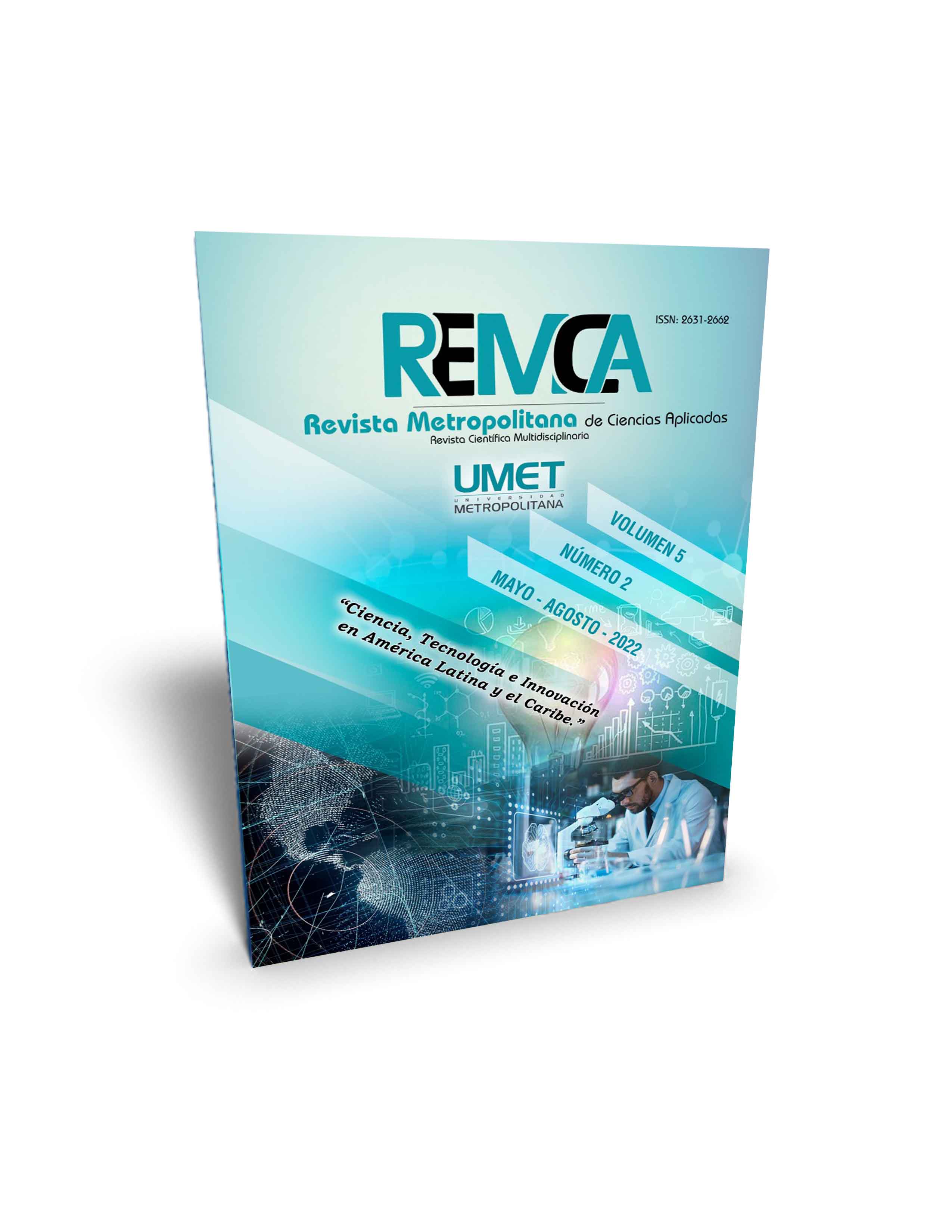Editorial
DOI:
https://doi.org/10.62452/32s5a630Abstract
Estimados lectores:
La Comisión Económica para América Latina y el Caribe es el organismo de la Organización de las Naciones Unidas responsable de promover el desarrollo económico y social de América Latina y el Caribe. En sus estudios sobre la región reconoce que las trayectorias tecnológicas son inseparables de las del empleo y la producción; de manera que la economía de cada país depende de la capacidad que tenga para aplicar conocimientos y disminuir la brecha tecnológica.
En la región existen algunos avances en los indicadores del esfuerzo innovador y el acceso a la tecnología, pero aún es débil el posicionamiento en cuanto a la capacidad para absorber conocimientos en los paradigmas tecnológicos que impacten los sistemas productivos, se disminuyan costos, exista transformación social y se reduzca el índice de pobreza.
A partir de esto es fundamental para cada país reorientar la Ciencia, la Tecnología y la Innovación en función de los tres objetivos de crecimiento económico, inclusión social y sostenibilidad ambiental planteados en los Objetivos de Desarrollo Sostenible y la Agenda 2030 para el Desarrollo Sostenible.
Estos son algunos de los retos a los que se enfrenta nuestra región y a cuya solución se intenta solucionar con investigaciones aplicadas y promover con este número; sin dejar de reconocer que existe la necesidad de la identificación de políticas públicas que permitan transitar por senderos de desarrollo más inclusivos y sostenibles.
Downloads
Downloads
Published
Issue
Section
License
Copyright (c) 2022 Jorge Luis León Gomnzález (Autor/a)

This work is licensed under a Creative Commons Attribution-NonCommercial-ShareAlike 4.0 International License.
Authors who publish in Revista Metropolitana de Ciencias Aplicadas (REMCA), agree to the following terms:
1. Copyright
Authors retain unrestricted copyright to their work. Authors grant the journal the right of first publication. To this end, they assign the journal non-exclusive exploitation rights (reproduction, distribution, public communication, and transformation). Authors may enter into additional agreements for the non-exclusive distribution of the version of the work published in the journal, provided that acknowledgment of its initial publication in this journal is given.
© The authors.
2. License
The articles are published in the journal under the Creative Commons Attribution-NonCommercial-ShareAlike 4.0 International License (CC BY-NC-SA 4.0). The terms can be found at: https://creativecommons.org/licenses/by-nc-sa/4.0/deed.en
This license allows:
- Sharing: Copying and redistributing the material in any medium or format.
- Adapting: Remixing, transforming, and building upon the material.
Under the following terms:
- Attribution: You must give appropriate credit, provide a link to the license, and indicate if any changes were made. You may do this in any reasonable manner, but not in any way that suggests the licensor endorses or sponsors your use.
- NonCommercial: You may not use the material for commercial purposes.
- ShareAlike: If you remix, transform, or build upon the material, you must distribute your creation under the same license as the original work.
There are no additional restrictions. You may not apply legal terms or technological measures that legally restrict others from doing anything the license permits.




